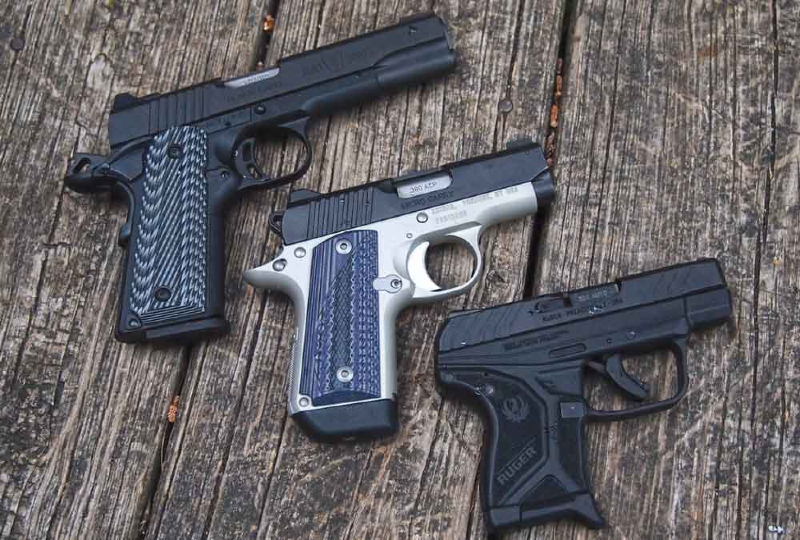The .380 ACP cartridge is a small, rimmed, straight-walled cartridge that was developed by John Browning in 1908. It is one of the most popular self-defense cartridges in the world, and is used in a wide variety of pistols and revolvers.

The .380 ACP cartridge is effective for self-defense because it is:

- Lightweight and easy to carry: The .380 ACP cartridge is one of the lightest and most compact centerfire cartridges available. This makes it easy to carry in a concealed holster or purse.
- Relatively low recoil: The .380 ACP cartridge has relatively low recoil, which makes it easy to control, even for new shooters.
- Adequate stopping power: The .380 ACP cartridge has adequate stopping power for self-defense. While it is not as powerful as some other cartridges, such as the 9mm Luger or the .45 ACP, it is still capable of delivering a fatal wound to an attacker.
However, the .380 ACP cartridge also has some drawbacks:
- Limited magazine capacity: The .380 ACP cartridge has a limited magazine capacity, typically only 6-8 rounds. This can be a disadvantage in a self-defense situation, where you may need to fire multiple shots quickly.
- Less effective against barriers: The .380 ACP cartridge is less effective against barriers, such as walls or car doors, than some other cartridges. This is because it has a lower velocity and less energy than some other cartridges.
Overall, the .380 ACP cartridge is a good choice for self-defense for those who are looking for a lightweight and easy-to-carry cartridge with adequate stopping power. However, shooters should be aware of the cartridge’s limitations, such as its limited magazine capacity and reduced effectiveness against barriers.






